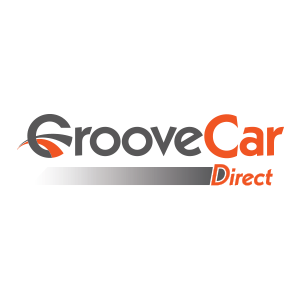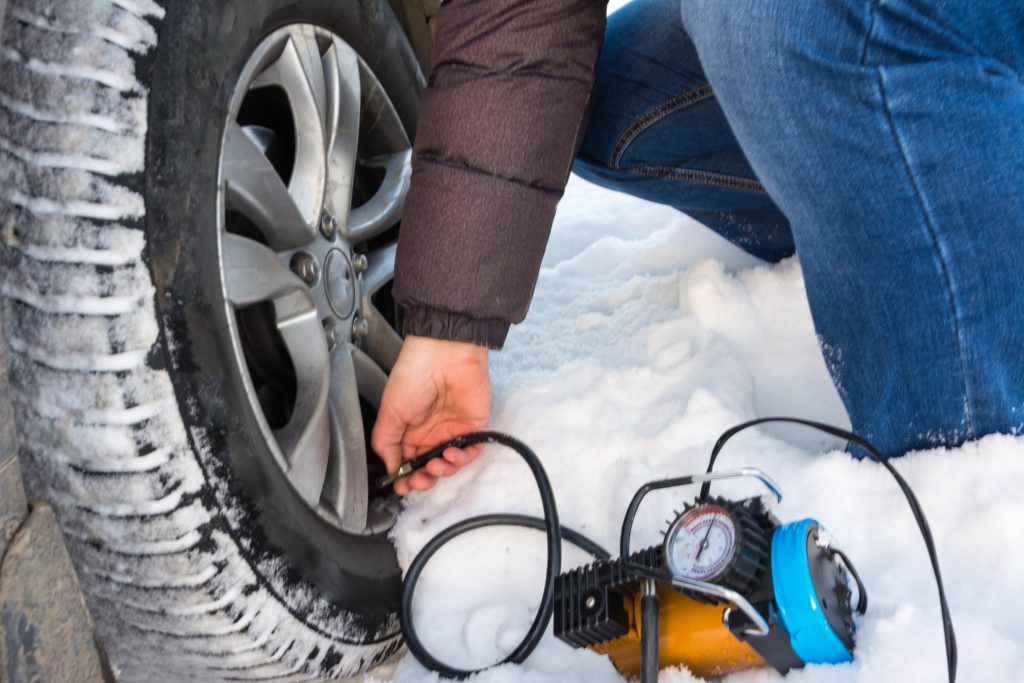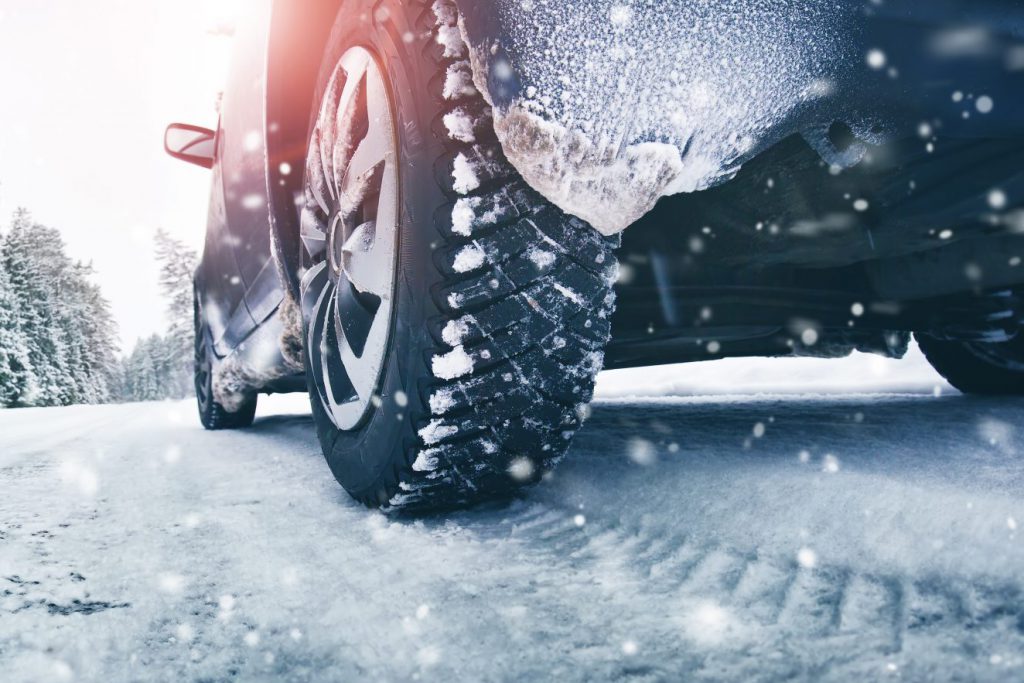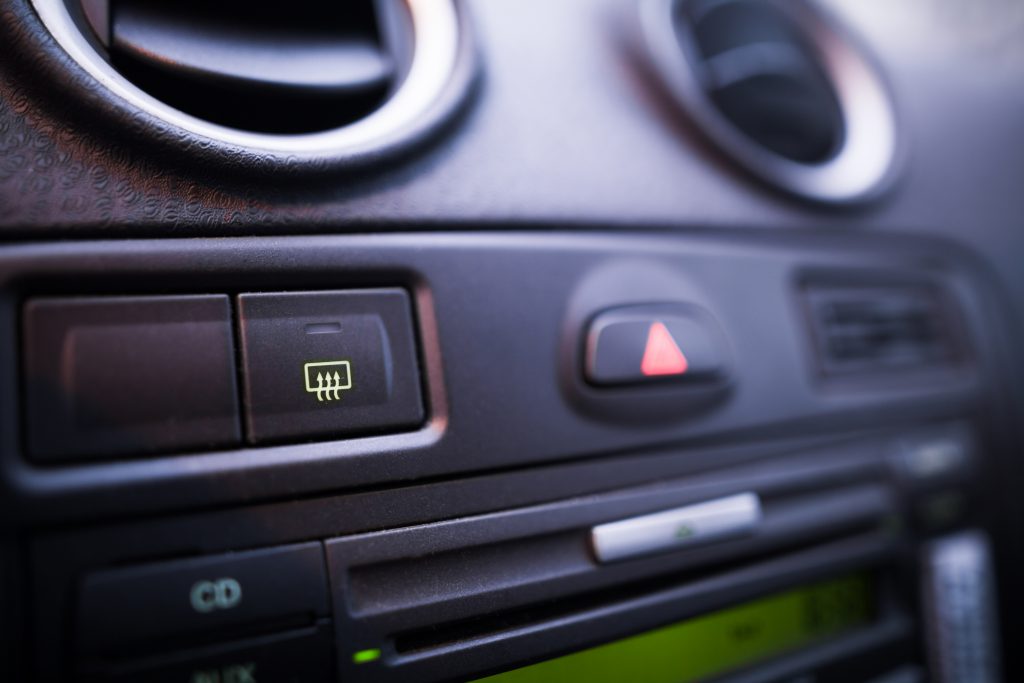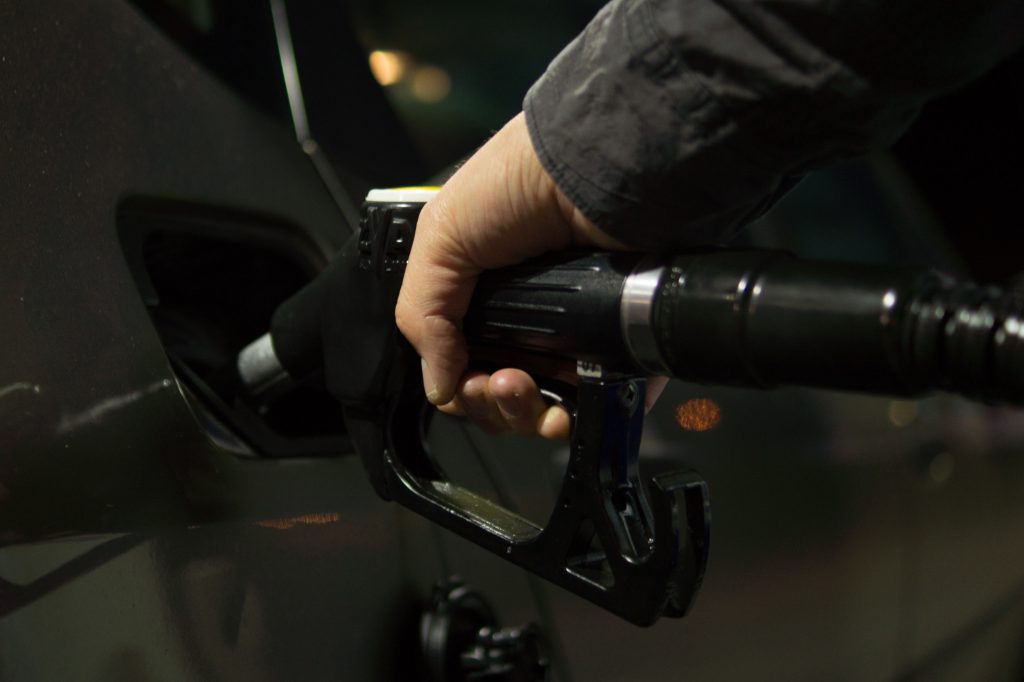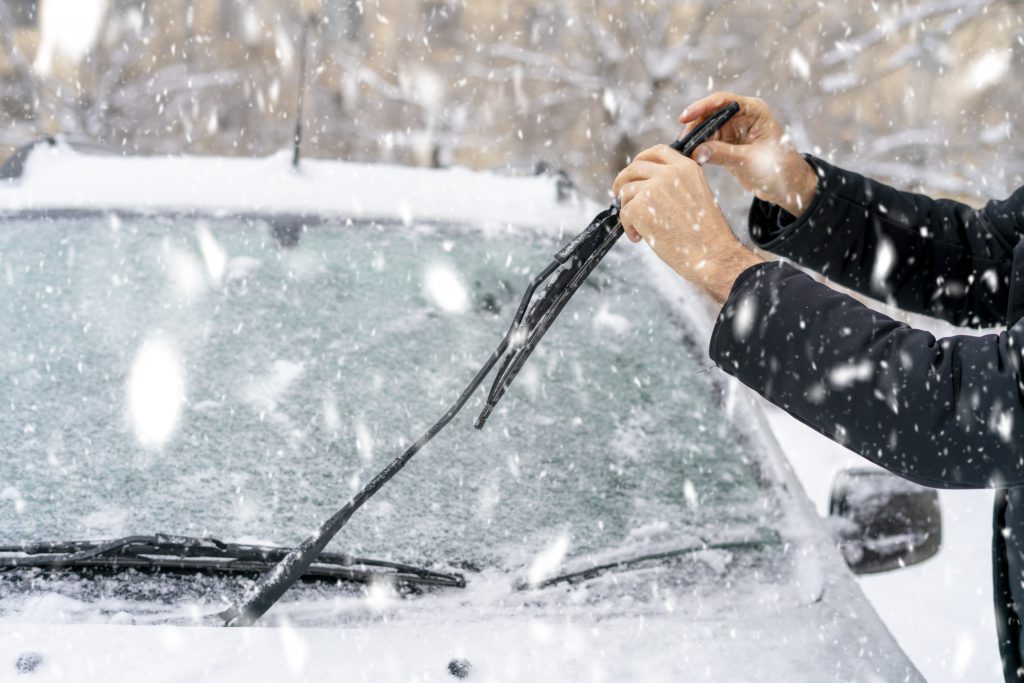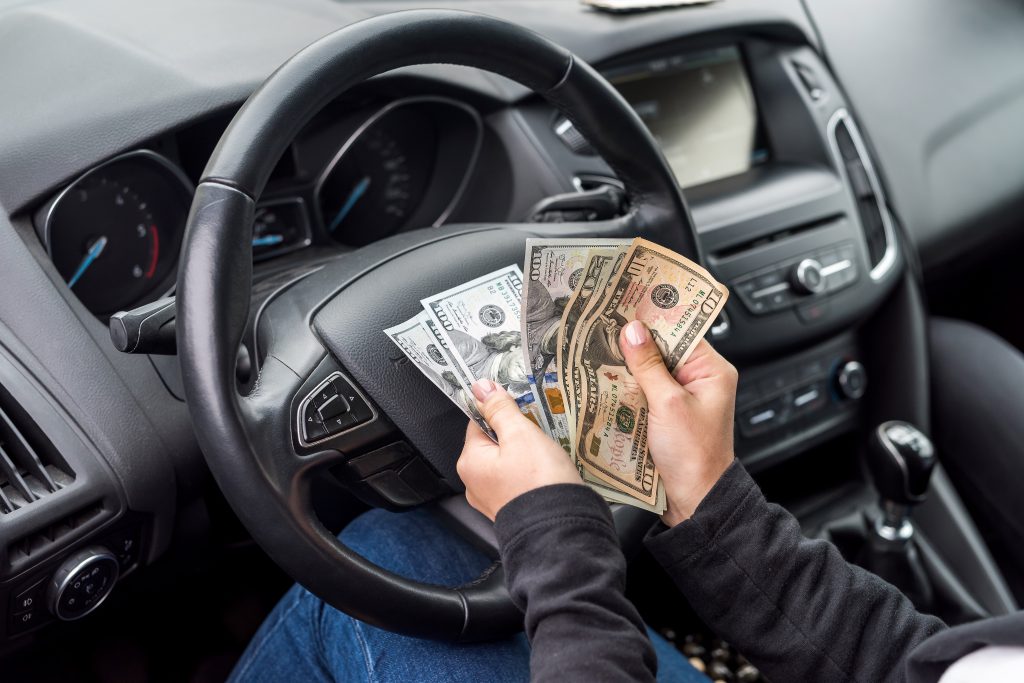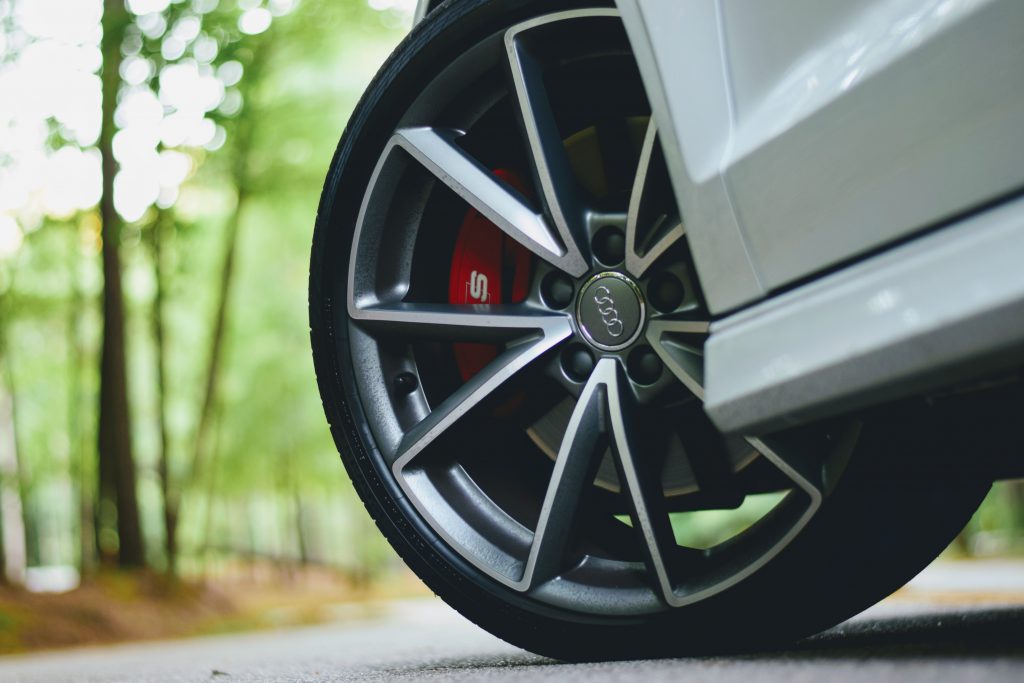GrooveCar Direct Announces 15 New Credit Union Partnerships in Q4 2019
GrooveCar Direct, Partnerships, Press Release /
Dylan Citron
/ January 17, 2020 / 2019, GrooveCar Direct, Press Release
GrooveCar Direct Announces 15 New Credit Union Partnerships in Q4 2019
The leading program for credit union member engagement continues to grow!
GrooveCar Direct, the innovative solution for credit union engagement & auto loan growth with existing members, announces 15 additional partnerships to close out 2019:
- Acadian FCU, based in Lafayetter LA, with assets of $16 million, serving 3,241 members
- Allegius CU, based in Burns Harbor IN, with assets of $166 million, serving 16,156 members
- Carter CU, based in Springhill LA, with assets of $376 million, serving 27,013 members
- Eagle FCU, based in Baton Rouge LA, with assets of $113 million, serving 13,222 members
- Maine Family CU, based in Lewiston ME, with assets of $172 million, serving 21,675 members
- Mission City FCU, based in Santa Clara CA, with assets of $108 million, serving 4,956 members
- NE PA Community FCU, based in Stroudsburg PA, with assets of $127 million, serving 13,651 members
- Ontario Montclair SEFCU, based in Ontario CA, with assets of $119 million, serving 9,076 members
- Premiere Source FCU, based in East Longmeadow MA, with assets of $63 million, serving 5,032 members
- I.A. FCU, based in Rock Island IA, with assets of $438 million, serving 43,570 members
- Rock Valley FCU, based in Loves Park IL, with assets of $116 million, serving 18,635 members
- SMW 104 FCU, based in San Leandro CA, with assets of $103 million, serving 10,100 members
- South Carolina National Guard FCU based in Columbia SC, with assets of $74 million, serving 6,361 members
- Vicksburg Railroad CU, based in Vicksburg MS, with assets of $11 million, serving 1,182 members
- West Branch Valley FCU, based in Williamsport PA, with assets of $42 million, serving 4,998 members
GrooveCar Direct is the nation’s top platform for member experience and auto loan engagement. Built exclusively for credit unions, GrooveCar Direct delivers the crucial ability to reach existing members from day one of their car shopping journey, while additionally providing each credit union partner with consultation services and marketing support.
GrooveCar Direct Announces 15 New Credit Union Partnerships in Q4 2019 Read More »
